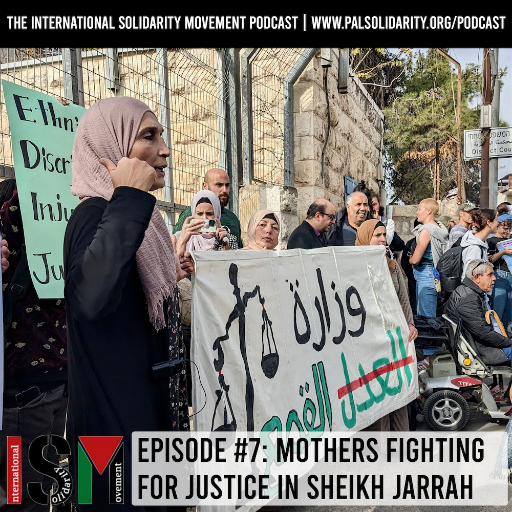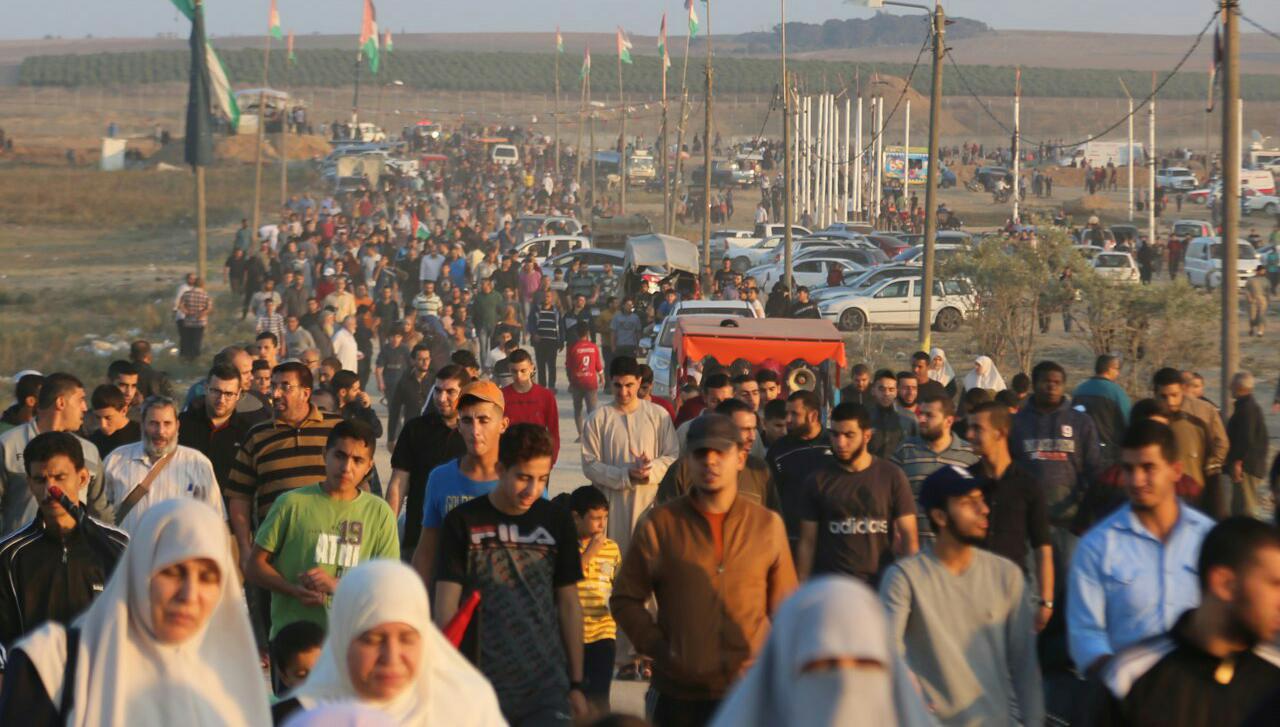Tag: Jerusalem
-

The International Solidarity Movement podcast episode seven: Mothers fighting for Justice in Sheikh Jarrah
In this episode, we share an interview with Um Ramadan. We met her at a demonstration outside the district court in Jerusalem in December 2022. Alongside other mothers, she is protesting her son’s imprisonment. In this moving interview, she talks about the conditions her son is kept in and how mother’s are organising to support…
-

Mosques, churches, protests: Gaza on the Balfour Declaration’s 102nd anniversary
On the 102nd anniversary of the Balfour Declaration, churches rang bells and mosques called for prayer at the same time, while tens of thousands of Palestinians entered the buffer zone this Friday between the besieged Gaza Strip and Israel in the massive weekly Great March of Return protest.
-

Israel permits settler invasion of Al-Aqsa on Muslim holiday
August 11 | International Solidarity Movement | Old City, East Jerusalem, occupied Palestine Hundreds of settlers invaded the Al-Aqsa compound in Jerusalem’s Old City this morning after Israeli soldiers used tear gas, sound grenades and rubber-coated steel bullets to clear out Muslim worshippers. 61 Palestinians were injured and 15 hospitalised when soldiers and police let…
